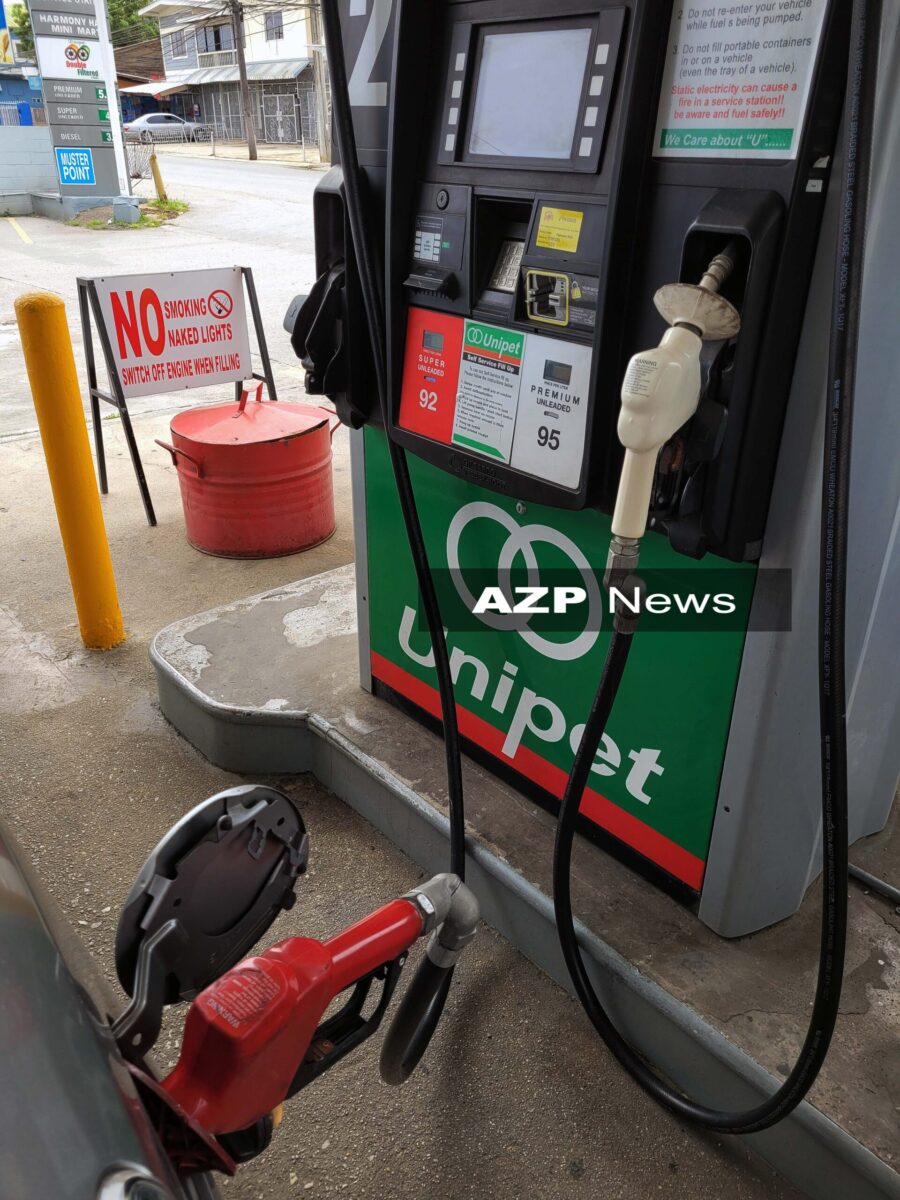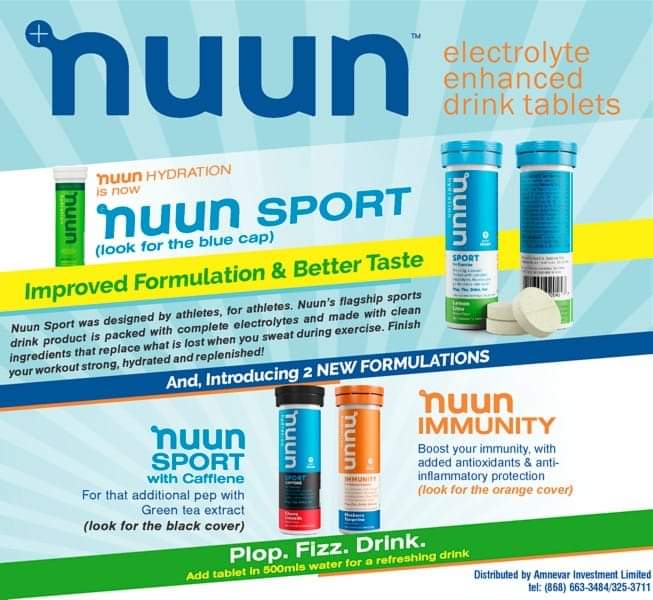
JUST think you are at the lowest end of the social hierarchy, a single parent trying to hold down many jobs to put food on the table and can’t even cope with increased food costs and in fuel prices at the pump.
It’s very difficult and challenging for many citizens in these hard times.
This government doesn’t seem to care about the daily problems citizens are facing and no one has even taken the time to evaluate and find the right solutions to make a difference in our society.
We only see one thing after the next but people in the government like Minister of Finance Colm Imbert and the Minister of Energy and Energy Industries Stuart Young only talk about solutions that they think in their opinion will work out, but until they walk in the shoes of the everyday citizens, they may never have an understanding of how hard it is to really make ends meet.
After Imbert and Young are finished with the energy sector in Trinidad and Tobago, it will be decimated leaving all the employees, dependent companies and thousands of people that depend on this sector’s operations at risk with no future and most definitely on the breadline.
The way the fuel subsidy works, foreign dealers sell to Paria Fuel Trading Company at an international price and Paria in turn sells at a wholesale price to NP and Unipet normally cheaper than the international price, however, now very close to the international prices as the minister of finance raised the prices at the pump four times now
This is how it works. Exploration and production companies pay a royalty that is stipulated in their licence as their share of the subsidy to the Government and that’s the Petroleum Levy then the Government was supposed to reimburse Petrotrin now Paria by paying the difference between the international price and the wholesale price using its own revenues and revenues from the Petroleum Levy.
Petrotrin had also indicated that its computation of the fuel subsidy owed by the government to Petrotrin before its shutdown was approximately $775 million in 2017.
By now it is probably in the billions. Thus the move to increase the fuel prices at the pump has not been well received with many calling for it not to begin until the country is more financially stable.
In fact, the Automotive Dealers Association recently stated that the timing was wrong and would further devastate the economy already weakened by the Covid-19 pandemic. The increase in fuels can effectively be another form of taxation, in my humble view, to impose on the already burdened taxpayer.
President of the Trinidad and Tobago Haulers Association said at a news conference in April that they have absorbed three fuel price increases before and this fourth hike is too much to bear, especially with the cost of food prices increasing across the country.
The increase of fuel at the pumps will have the following effects:
- Cause a knock-on effect on the cost of living for every citizen in T&T such as an increase in travelling cost by taxi or maxi taxis, private cars and increased cost of transportation of goods and services;
- A knock-on effect that will affect food prices, grocery prices and delivery prices that may lead to increased inflation and more hardship for the population: and
- Increase in transportation costs across the board, with price hikes causing a domino effect for our staple food items and basic groceries. The customers and citizens of T&T would now be at the mercy of the retailers, this can unavoidably lead to a monopoly that puts the country’s transportation needs at peril and at the mercy of price gouging.
This is why the opposition called for everyone to send a message to the government to stop killing us with these price hikes at the pump.
I can’t understand why many don’t lend their voices to this point as many quarters have not responded yet.
I do not understand why the general public, the average Joe or Jane can’t realise how massive this decision is and how devastating it can be if we don’t heed the call to ask the government to reverse these price hikes at this time.
Only when they start to feel the pinch in their pockets and they have to dig deeper into their saving to afford school supplies, food and clothing, the basic amenities, would they realise the real impact this will have in the coming months and years.
Neil Gosine is an insurance executive, the North East Regional Coordinator of the United National Congress and a former chairman of the National Petroleum Marketing Company of Trinidad and Tobago. He also holds a Masters in Business Administration. The comments and opinions expressed by him in this column are not necessarily those of AZPNews.com, a division of Complete Image Limited
![]()












